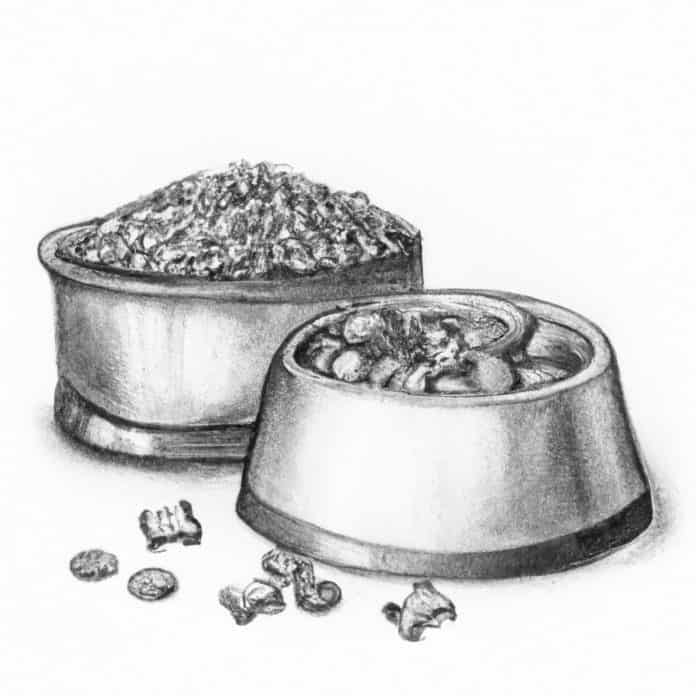Dear VetBabble, What Kind of Food Should I Feed My Pet to Decrease the Chance of Stone or Crystal Formation?
As a loving pet owner, it is natural to be concerned about your pet’s health and well-being. One of the common dilemmas faced by pet owners involves feeding the right diet to prevent urinary stones or crystals in their pets. To address this issue, we will discuss some important information and provide helpful advice on effectively managing your pet’s diet to reduce the potential for urinary stone and crystal formation. This article will be divided into three main sections to better help you understand the topic.
Understanding Urinary Stones and Crystals in Pets
Urinary stones (uroliths) and crystals can form in your pet’s urinary system and cause discomfort, pain, and even serious health complications. Dogs and cats can both suffer from urinary stones and crystal formation.
In dogs, bladder stones are a common issue, which can cause symptoms such as frequent urination, bloody urine, or straining during urination. To learn more about bladder stones in dogs and their symptoms, check out this article: Does My Dog Have Bladder Stones?
On the other hand, cats can develop a condition known as Feline Lower Urinary Tract Disease (FLUTD), which can also lead to urinary stone or crystal formation. This condition can cause difficulty or inability to urinate, crying out during urination, or frequent licking of the genital area. For more information on FLUTD and how it affects your cat, you can read this article: Why Can’t My Cat Pee?
Choosing the Right Diet to Prevent Stone and Crystal Formation
One of the most effective ways to prevent the formation of stones and crystals in your pet’s urinary system is to choose the right diet. Since different types of urinary stones or crystals require different dietary approaches, it is crucial to have a urinalysis performed on your pet to determine the type of crystals present. The type of crystals will dictate the appropriate food to feed your pet.
Once you find out what type of crystals are in your pet’s urine, you can discuss with your veterinarian any adjustment to your pet’s diet that needs to be made. If your pet has a history of stones or crystals, your vet might recommend a specialized prescription diet specifically designed to help dissolve existing stones or prevent new ones from forming.
Regardless of the specific diet, it is essential to ensure that your pet has access to fresh water at all times. Adequate water intake can help flush out any crystal-forming substances in your pet’s system and minimize the risk of stone formation. A great way to increase your pet’s water intake is by feeding them a high-quality canned food diet. This diet will provide additional moisture content that can aid in maintaining a healthy urinary system. To learn more about a balanced diet for your dog, read this article: Dog Food: A Balanced Diet for Your Dog
Maintaining Your Pet’s Urinary Health
Beyond choosing the right diet for your pet, there are other considerations for maintaining their urinary health. Regular vet check-ups and periodic urinalysis can help you monitor your pet’s urinary health and catch any potential issues early on.
For cats, it is essential to keep their litter box clean and easily accessible to encourage regular urination. Similarly, for dogs, ensure they are taken out for regular walks to provide ample opportunities to empty their bladder.
If your pet has a history of urinary issues, your veterinarian might recommend dietary supplements or medications to help manage their condition. By working closely with your veterinarian and following their recommendations, you can help support your pet’s urinary health and prevent potential health complications related to stones and crystal formation.
In conclusion, understanding the factors that contribute to stone and crystal formation is essential in maintaining your pet’s overall well-being. By choosing the right diet, ensuring proper water intake, and monitoring your pet’s urinary health, you can play a crucial role in preventing urinary stones and crystals in your pet.









